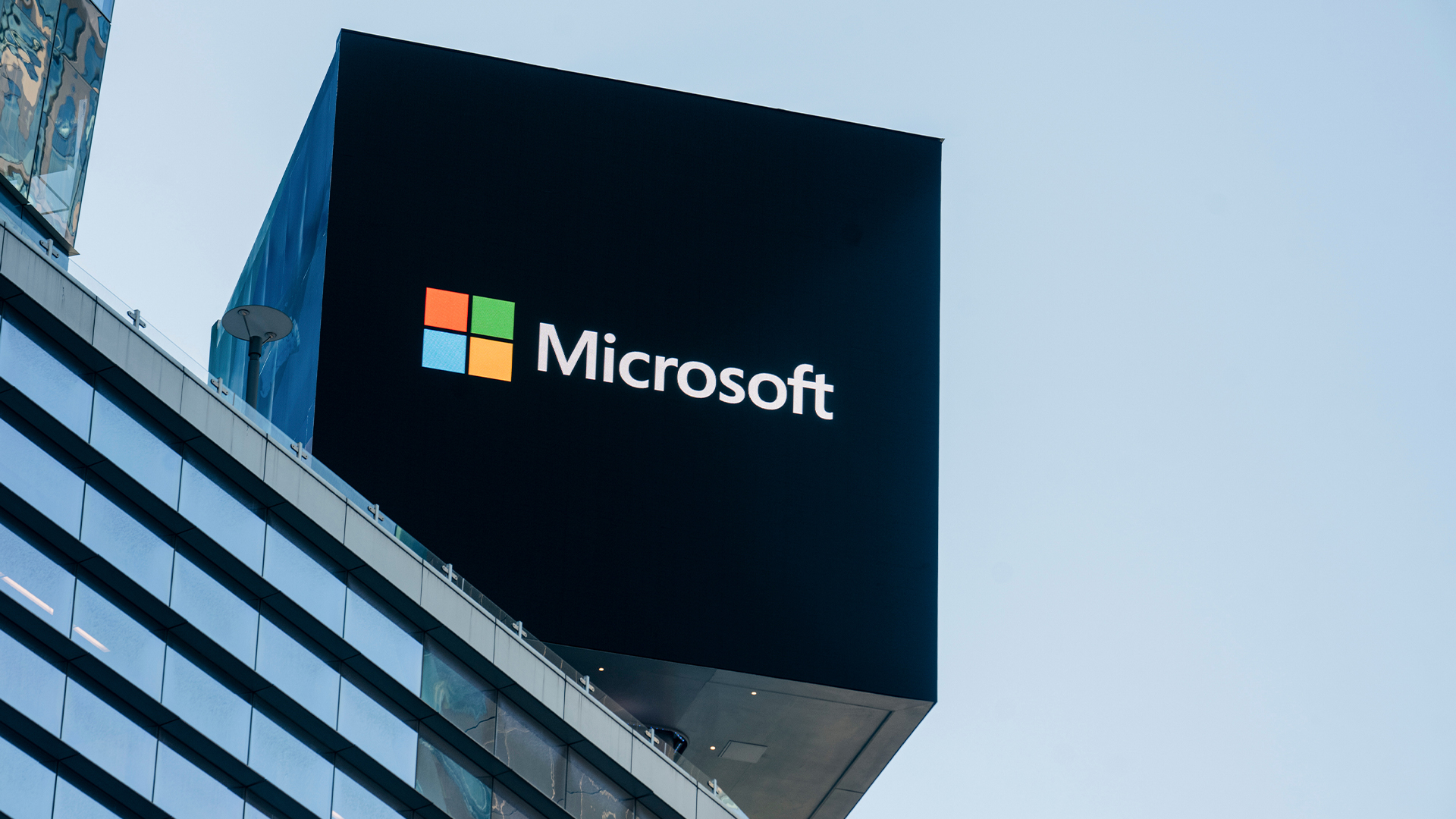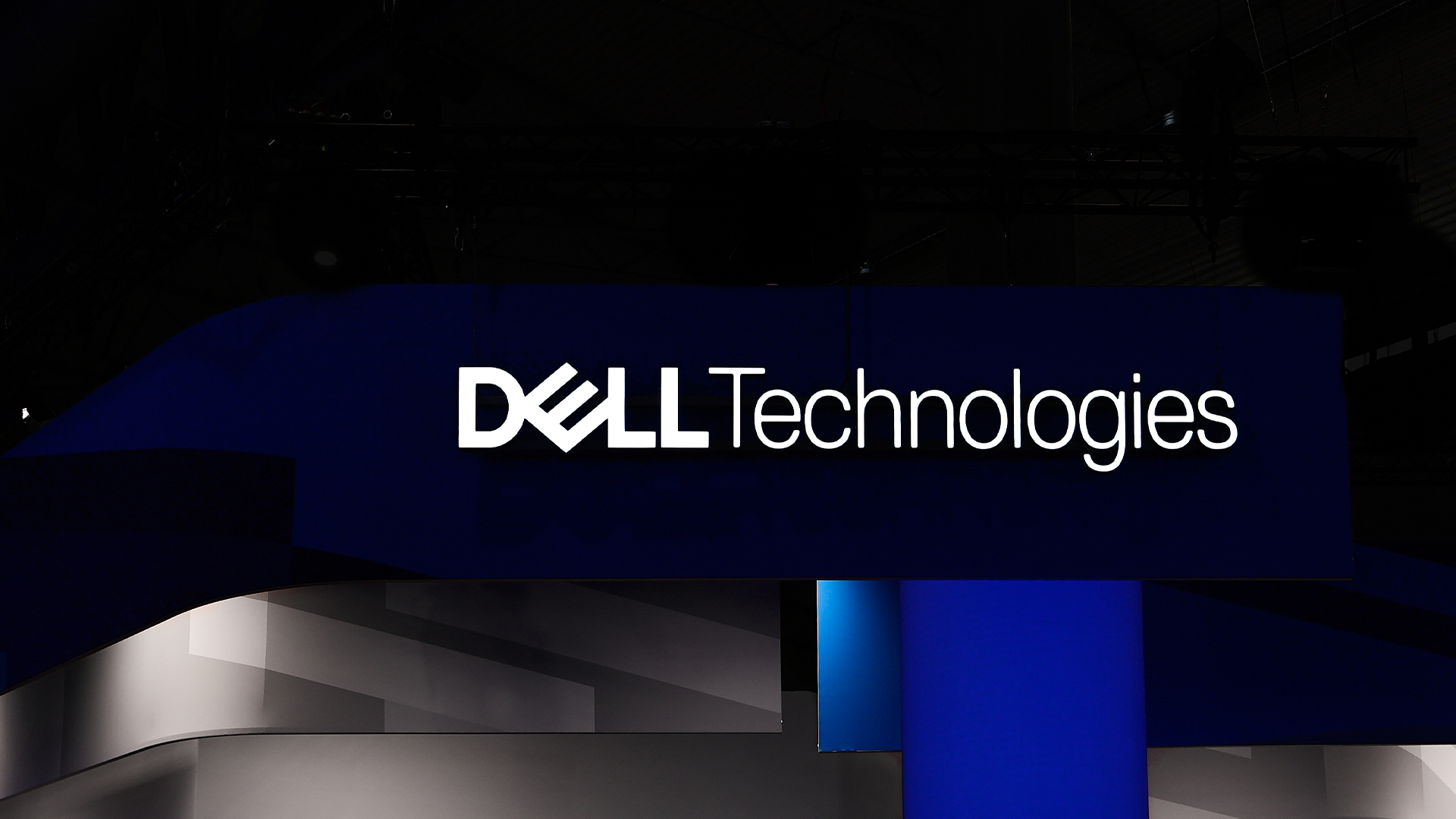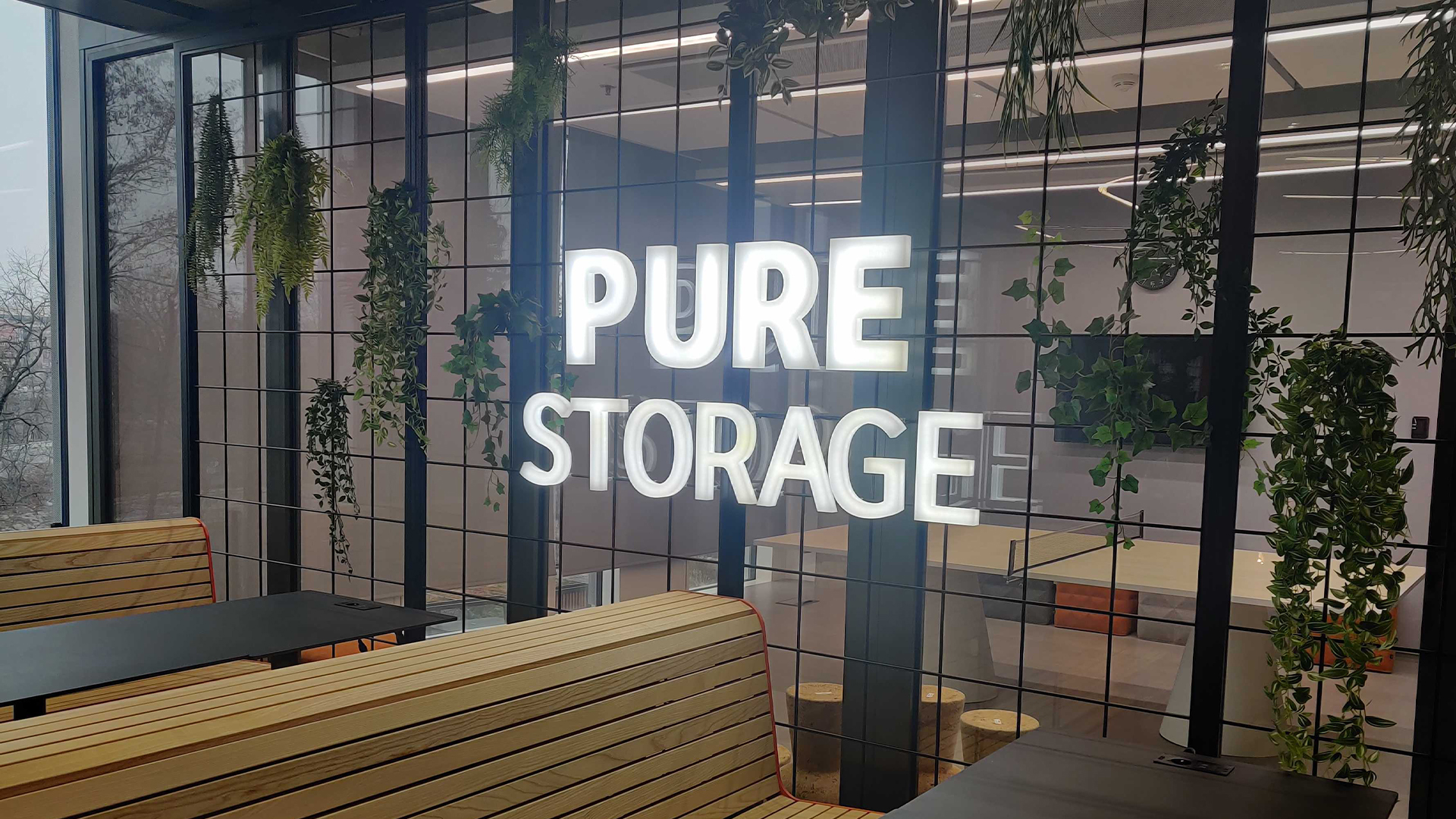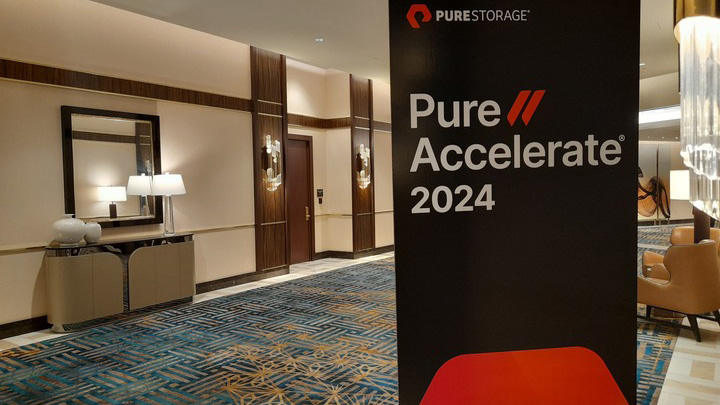Pure Storage tweaks SLAs amid sharpened focus on cyber resilience
Pure Storage announced updates to its service level agreements (SLA) to better serve the cyber security and storage requirements of its customers


Pure Storage has unveiled sweeping updates to its service level agreements (SLAs) in a bid to support customer cyber security and resiliency, a critical need according to experts.
As part of the move, the data storage firm announced it will expand the coverage of its ransomware recovery SLA on the Evergreen//One platform, updating it to include disaster recovery scenarios.
Specifically, this ‘Enhanced Cyber Recovery and Resilience SLA’ will deliver customized recovery plans, “clean” service infrastructure, onsite installation, and additional professional services for data transfer.
Pure will also focus on collaborating with organizations to create “comprehensive” cyber security strategies, conducting quarterly reviews to help businesses pursue best practices, and conducting risk assessments.
Max Mortillaro, analyst at TECHunplugged, told ITPro the announcement signals a move into a “different realm” for Pure Storage, owing to the far higher degree of severity in the handling of data recovery.
“It's not the same as guaranteeing the duplication ratio,” Mortillaro said. “You need to look into the customer's applications, infrastructure, architecture, security settings and so on, and work with them”.
“I think for me, the most critical SLAs are those related to cyber resiliency,” Mortillaro said. That’s because, Mortillaro added, these SLAs act as the final line of defense for a company which faces having its data completely wiped out.
ChannelPro Newsletter
Stay up to date with the latest Channel industry news and analysis with our twice-weekly newsletter
While less crucial SLAs can be important in giving customers “more peace of mind and confidence”, Mortillaro added, the ones focused on cyber resilience and recovery are “really critical”.
The firm did unveil other SLA offerings, one dubbed ‘the Site Rebalance SLA’. This will be focused on organizational storage requirements, allowing companies to act flexibly by giving them adjustment capabilities.
As a business's storage requirements evolve, this SLA will allow a firm to adjust “existing reserve commitments”. If capacity needs cease to be required or if performance at a site is oversized, this SLA allows organizations to “rebalance” reserve commitments once every 12 month period per subscription.
Pure Storage has other targets with SLAs
Other recent announcements have seen Pure commit to GPU support. In relation to this sort of compute, an SLA will also provide the ability to purchase based on needs and requirements, eliminating the need for planning or overbuying.
Prakash Darji, GM of digital experience at Pure, told ITPro that this was the most important new SLA in his mind, owing to the fact that it looks to meet and solve a fundamentally different problem in storage management.
That’s because AI workloads don’t scale in the same way that other, more traditional workloads do, Darji said. Based on his own AI research, Darji discovered that “static infrastructure can never be used to solve AI”.
Mortillaro agreed that this was an important SLA in its own right, particularly for users dealing with expensive GPUs and who want to make sure their data can “get through in time, so that you're not wasting resources”.
SLAs are integral to Pure’s model
As Darji put it, an SLA is essentially a guarantee of something from vendor to customer. If such an agreement is not met, then the vendor will offer financial remuneration to the customer as part of the deal.
RELATED WHITEPAPER

Pure started with only three SLAs according to Darji, in the areas of performance, capacity, and buffer capacity, the latter being a guarantee of extra capacity beyond a customer's requirements.
From there, Pure embarked on a process of creating SLAs for the other management needs of users, such as energy efficiency and protection. For Pure, SLAs are becoming “less an agreement” and more a definition of its product, as the firm looks to “replace all of the management by SLAs”.

George Fitzmaurice is a former Staff Writer at ITPro and ChannelPro, with a particular interest in AI regulation, data legislation, and market development. After graduating from the University of Oxford with a degree in English Language and Literature, he undertook an internship at the New Statesman before starting at ITPro. Outside of the office, George is both an aspiring musician and an avid reader.
-
 Microsoft just hit a major milestone in its ‘zero waste’ strategy
Microsoft just hit a major milestone in its ‘zero waste’ strategyNews Microsoft says it's outstripping its zero waste targets, recording a 90.9% reuse and recycling rate for servers and components in 2024.
By Emma Woollacott
-
 Dell names Lisa Ergun as new Client Solutions Group channel lead for the UK
Dell names Lisa Ergun as new Client Solutions Group channel lead for the UKNews Dell Technologies has announced the appointment of Lisa Ergun as its new Client Solutions Group (CSG) channel lead for the UK.
By Daniel Todd
-
 Pure Storage targets partner growth with revamped reseller program
Pure Storage targets partner growth with revamped reseller programNews Pure Storage has unveiled a raft of changes to its Reseller Program as part of a drive to improve partner profitability.
By Daniel Todd
-
 Pure Storage's recent hyperscaler ‘design win’ could be the death knell for disk storage
Pure Storage's recent hyperscaler ‘design win’ could be the death knell for disk storageNews Disk storage’s ubiquity in the enterprise market could be coming to an end
By Solomon Klappholz
-
 Pure Storage announces VM assessment service – and it could please beleaguered VMware customers
Pure Storage announces VM assessment service – and it could please beleaguered VMware customersNews The firm unveiled a new tool for managing VM costs as part of its Pure//Accelerate London 2024 event
By George Fitzmaurice
-
 Pure Accelerate 2024 live: All the news and updates from the day-two keynote
Pure Accelerate 2024 live: All the news and updates from the day-two keynoteLive Blog We're back with another live blog for day-two at Pure Accelerate 2024 in Las Vegas – keep tabs on all the news and announcements here
By George Fitzmaurice
-
 Pure Storage looks to 'fundamentally change' cloud storage management with new AI copilot tool
Pure Storage looks to 'fundamentally change' cloud storage management with new AI copilot toolNews Pure Storage has unveiled a raft of new AI features, including its very own copilot for storage management
By George Fitzmaurice
-
 Sustainable AI is key to Pure Storage — and Pure Accelerate 2024 will make that mission clear
Sustainable AI is key to Pure Storage — and Pure Accelerate 2024 will make that mission clearAnalysis Pure Storage has a chance to differentiate itself from larger industry competitors at its upcoming conference in Las Vegas – and banging the drum on sustainability will be critical
By George Fitzmaurice